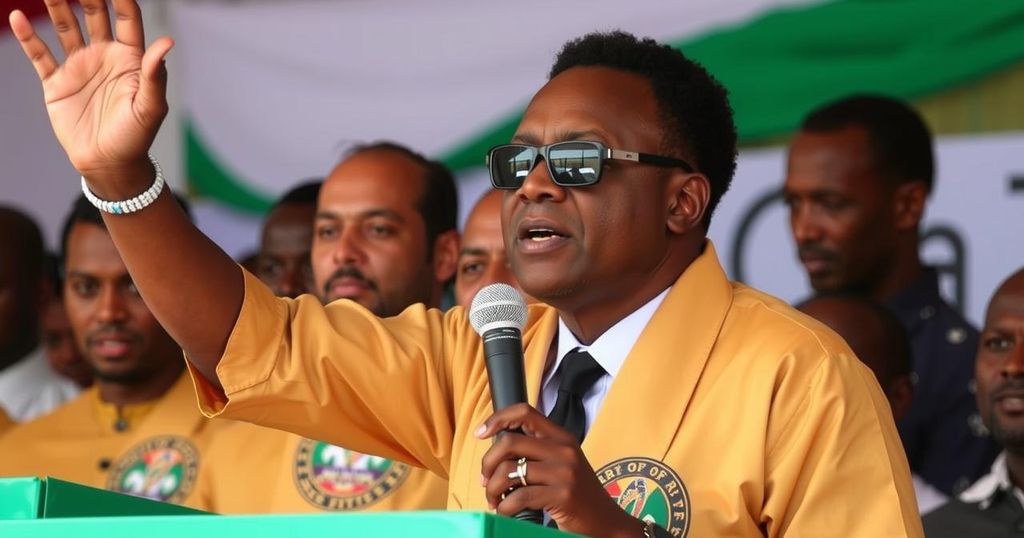Chad’s Ruling Party Dominates Parliamentary Elections Amid Opposition Boycott
Chad’s ruling party secured a parliamentary majority in elections boycotted by major opposition parties. The elections were part of a transition to democracy after Mahamat Idriss Deby’s military takeover in 2021. The opposition criticized the election process, raising concerns about its credibility, amidst lingering security and diplomatic issues.
Chad’s ruling party secured a significant majority during last month’s parliamentary elections, which were largely boycotted by leading opposition factions, provisional results indicate. This electoral event, part of the broader democratic transition after the military takeover by Mahamat Idriss Deby in 2021, is expected to further consolidate the president’s authority. Initially, Deby assumed control following the death of his father, Idriss Deby Itno, who had maintained power for three decades. Last year’s controversial presidential elections similarly raised concerns regarding electoral integrity.
The recent parliamentary elections, along with regional and municipal polls, were positioned by President Deby as a means to achieve decentralization, distributing power to local governments, an aspiration echoed by many Chadians. However, the election was met with dissent from over ten opposition parties, notably the Transformers party, which had previously endorsed Succes Masra, the runner-up in the previous presidential election. The opposition denounced the elections as a mere facade, fearing a duplication of the unverifiable presidential voting process. As of now, the main opposition has yet to publicly respond to the results of the election.
This election occurred at a pivotal moment for Chad, a nation currently facing security threats from Boko Haram in the Lake Chad region while concurrently dealing with strains in its longstanding military alliance with France, a key partner. Analysts suggest that the absence of the main opposition in the electoral process may lead to a further entrenchment of the ruling party’s power and raise questions about the legitimacy of the country’s democratic transition.
The context surrounding Chad’s parliamentary elections is characterized by significant political shifts following the death of long-serving president Idriss Deby Itno in 2021, which led to his son’s assumption of power. Mahamat Idriss Deby, initially taking control as a military leader, introduced a transition period that welcomed elections intended to restore a sense of democracy. However, the boycotts by major opposition parties and allegations of irregularities during previous elections create an environment of skepticism regarding the country’s political reform and democratic processes. The ongoing security challenges and diplomatic tensions add layers of complexity to Chad’s political landscape, impacting public sentiment and governance.
In conclusion, the results of Chad’s recent parliamentary elections reflect a decisive victory for the ruling party amidst a backdrop of boycotts and opposition dissent. With the absence of credible electoral competition, questions remain about the future of democracy in Chad as the leadership faces pressing security concerns and changing international relations. As the administration pursues a decentralized governance model, the ability to navigate these challenges while maintaining legitimacy will be crucial to its continued authority.
Original Source: www.washingtonpost.com




Post Comment